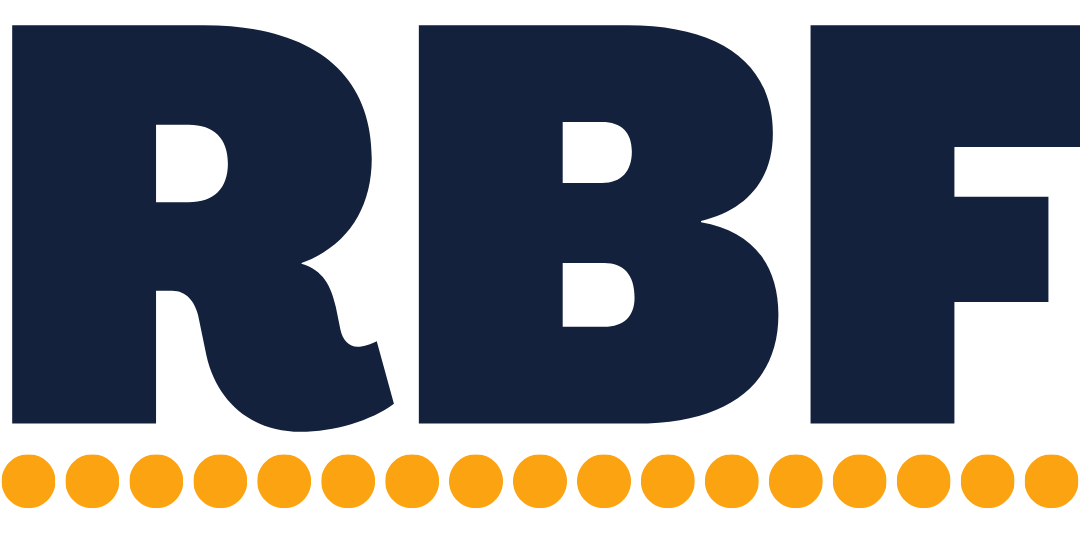Throwback ⏰: Numbers lie like a dog
Mark Twain famously said, “There are three kinds of lies: lies, damned lies, and statistics,” meaning you can manipulate statistics to prove just about anything. That’s also true for every number you see out there. Every report, every graph, and every tax return can be manipulated to imply something else. But, for some reason, we choose to accept these numbers at face value.
Manipulating isn’t exactly the same thing as outright lying tho. The best manipulation isn’t fraud. It’s taking something that’s true and rearranging it so you interpret it differently, while remaining totally true. And, this is a huge problem in small business reports. Small changes in technicalities can lead to totally different reports with totally different take-aways. This is why you should always hire a forensic or valuation accountant to review the financials of a company you might buy. And, why you should never trust a single number anyone gives you (including that phone number the cute girl at the bar gave you last night).
Accounting basis and methodology:
Reporting numbers isn’t as simple as “I paid money, so I put it on the report.” In accounting, when and how you report certain transactions is up for debate. For example, if I want to report all expenses when they were paid, I would use ‘Cash basis’ and the only difference on your report would be two words (cash basis) hidden somewhere in the footer. Or, worse, there’s depreciation (aka, expensing an expensive item over a number of years). Your average small business report will never specify which depreciation method was used. But, straight-line depreciation is very different from IRS-style MACRS depreciation and can dramatically change your profit (MACRS ‘accelerates’ depreciation, by the way). These small, almost unnoticeable changes in your financial reports will change what’s reported and your bottom line profit.
When checks are deposited :
Cash and accrual accounting dictate when transactions should be recognized. But, a much more real example would be backdating checks. Have you ever written a check in January, but dated it in December? Or, waited to deposit a check until January so it appears on the January bank statement? That’s number manipulation. (Although, the IRS and accounting would disagree with it being okay. But, it can be very difficult to detect.)
Emphasis :
Emphasis can be good or bad. I like reviewing reports with percentages on the side (eg, a P&L with expenses as a percentage of revenue). It makes it easier to understand just how large an expense is relative to the business’s revenue. But, percentages can also shift the emphasis from a big number (the true expense) to a small number (the percentage). For example, a 2% shift in the stock market doesn’t sound like a lot, but on a million dollar account that’s a $20,000 change.
Vagueness :
You can hide a lot in a vague report. Fewer, less-detailed expense categories means expenses need to be shoved somewhere. Not only does that lead to a less meaningful report, but you don’t know what’s included in any one category or what was hidden in the junk drawer (aka office expenses – like, what exactly isss ‘office expenses’?)
Terminology :
Do you know the difference between Gross Revenue, Gross Profit, and Net Profit? Depending on which phrase you use, you can be referencing wildly different numbers. But, colloquially (ie, not in accounting), they’re practically interchangeable. You can even take it a step further: what does Profit really mean? As an accountant, I’d say it’s your net profit aka the bottom line on your Profit & Loss report. But, colloquially (at networking events and cocktail parties), it’s interchangeable with the owner’s take-home pay which can be a totally different number.
Fraud :
Remember when I said manipulation isn’t fraud? Well, sometimes, it IS fraud. Sometimes, the report is outright wrong, the numbers were made up, and money was stolen. That’s why you need to check the source documents of easily verifiable numbers. For example, double-check the cash balance listed on your Balance Sheet against your bank statements. Or, check your revenue against your merchant processor reports. And, fraud is also why you should keep the flow of money thru your business as close to you as possible. Keep those passwords and account numbers locked up.
Action Item:
Try it. Generate a cash-basis and accrual-basis Profit & Loss report in your accounting software. Depending on how thorough your accounting file is, they could be two totally different, but completely correct reports.
💪 What we do at Resting Business Face 😤
🚀 Finance Partner: Forecast the next 12+ months, improve your cash flow, and work closely with yours truly.
🤓 Hands-off Consulting: Annual forecasting and quarterly calls when you need just a touch of guidance.
🏛️ Tax Essentials: Taxes, accounting, and payroll to keep your business on the IRS's good side.
